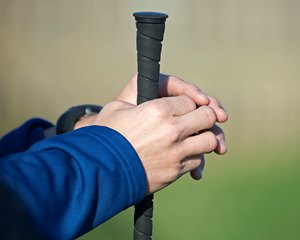CHRB to Elect Leadership, Ponder Rule Changes Nov. 21


The regular monthly meeting of the California Horse Racing Board Nov. 21 in Del Mar, Calif., is expected to be anything but regular. Twenty-eight items are on the agenda, including the election of a chairman and vice chairman, plus possible changes to rules that would restrict the use of the riding crop and require the transfer of health information when a horse is claimed.
The meeting comes 10 days after the retirement of vice chairman Madeline Auerbach, a vacancy that has not been filled by California Gov. Gavin Newsom, CHRB spokesman Mike Marten said. Chairman Chuck Winner stepped down in the summer.
The composition of the CHRB has changed this year under Newsom, who was critical of the potential for conflicts of interest among members assigned by another administration. He appointed veterinarian Dr. Greg Ferraro, Oscar Gonzales, and Wendy Mitchell over the past year.
Once leadership is established in the Thursday meeting, commissioners have a busy slate of items to ponder, with use of the riding crop likely to be among the most debated. Two amendments are outlined in documents posted on the CHRB website—one that limits use of the crop by a jockey or exercise rider to control a horse for safety, and another that would prohibit its use for striking except when "tapping the horse on the shoulder" while having hands in a position on the neck or around the reins. Waving the crop at a mount would be allowed under the second proposal. Penalties for both amendments could include suspension or fine to a rider and disqualification of the jockey's mount.
Officials for The Stronach Group, which operates Santa Anita Park and Golden Gate Fields in the state, began a push for sharp restrictions on the use of the crop in March, when TSG also called for the elimination of race-day Lasix. These proposals came after a spike in racetrack fatalities at Santa Anita. After these initiatives were met with opposition, they were scaled back.
California has one of the strictest policies on riding-crop use in the country. Jockeys are fined when striking their mounts more than three times in succession without an adequate response or when hitting their mounts when clearly out of contention.
The proposed amendment regarding transfer of a claimed horse's health information would require disclosure of all intra-articular injections given to a horse within 60 days. The disclosure would be kept confidential beyond the involved parties except as provided by any federal or state law or regulation.
